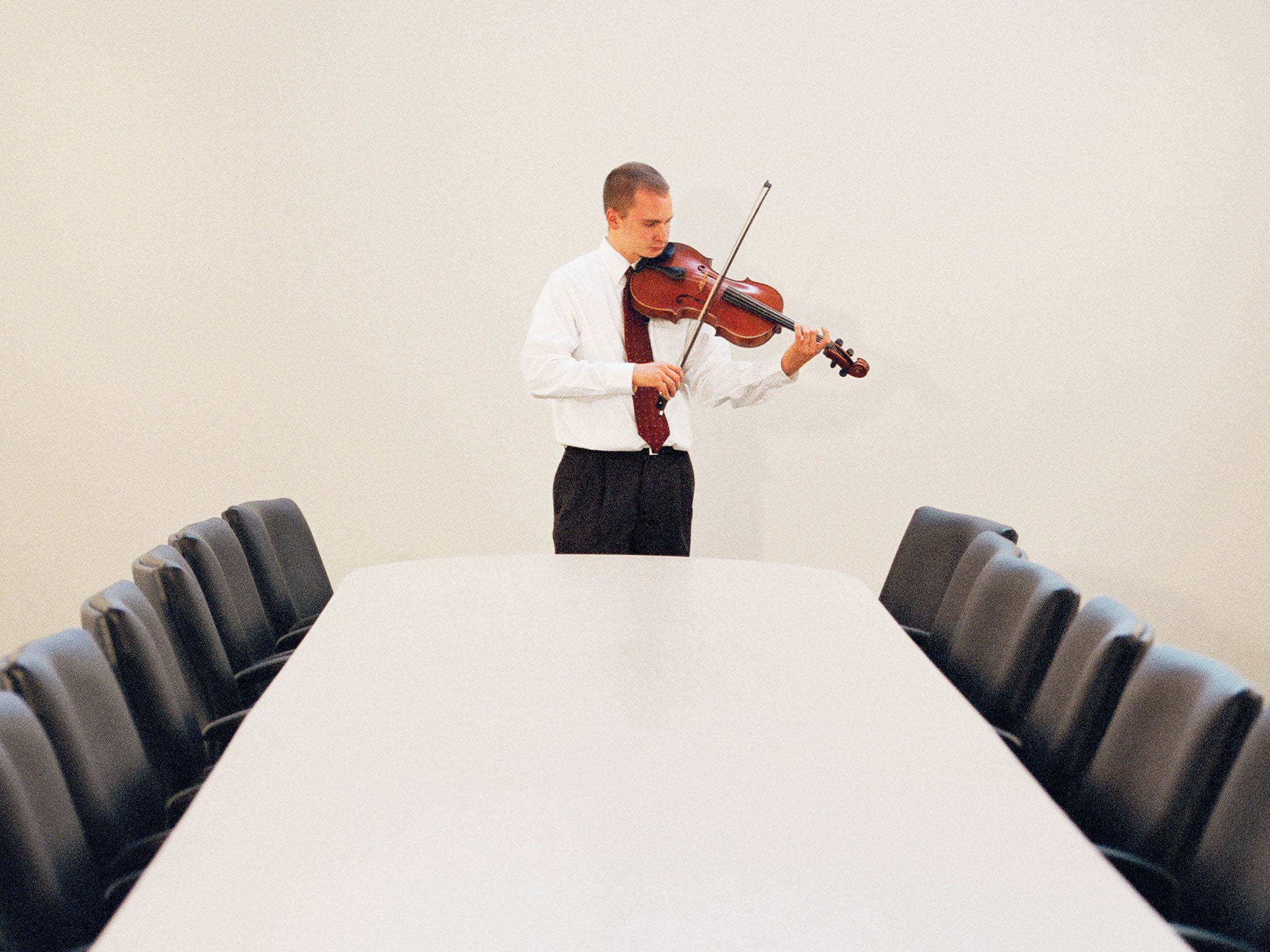Does practice make perfect? Not nearly as much as you might think

For years we have been told that the more time we spend knuckling down practising our violin scales, golf swings and chess moves, the more we grow to master them. But have you ever wondered why despite all those hours of dedication, so few people actually get really good at their chosen skill? It’s a question that has kept psychologists busy for decades, and according to a new study published in Psychological Science, the answer is that practice matters far less than we think.
A research team led by Brooke Macnamara of Princeton University analysed the data of 88 scientific studies covering the skill areas of music, games, sports, education, and professions. They found that although there is a positive relationship between practice and mastery, practice only accounts for a small amount of the variation in skill level; about 12 per cent across all of the areas of expertise.
According to Macnamara, "Deliberate practice is unquestionably important, but not nearly as important as proponents of the view have claimed."
The relationship between practice and skill level was found to be different for each of the domains studied. Exercises to improve performance seem to have the greatest effect when it comes to games; with 26 per cent of individual differences in this domain being attributed to prior training. However, less than one per cent of the diversity in skilfulness at work appears to be down to deliberate attempts to increase competence. Withing the fields of music and education, these numbers are 21 per cent and four per cent, respectively. The aggregated data also show that the more predictable an activity is, the more worthwhile it is to invest in honing the relevant skills. Running ability, for example, was more closely linked to the amount of practice put in than the capability to handle an aviation emergency.
The scientific debate over whether experts are ‘born’ or ‘made’ has been around since the advent of genetics. Twenty years ago an extremely influential piece of research by K. Anders Ericsson and colleagues posited that many characteristics thought to reflect innate talent were actually the result of intense practice over an extended period of time. This research and the ideas it generated have been discussed in many popular books such as Levitt and Dubner’s SuperFreakonomics, and fit well within the popular view that hard work will get anyone where they want to be. According to Macnamara and her team, this interpretation is not supported by the empirical evidence.
Having demonstrated that practice on its own does not make perfect, Macnamara says: “For scientists, the important question now is, what else matters?”
The researchers suggest that one of the factors that may play a role in achieving expertise is the age at which a person starts practising, as there may be an optimal developmental period for acquiring complex skills. However, the lion’s share of the variation in competence could be down to a mix of general intelligence and specific abilities such as working memory, which affect an individual’s performance across a wide range of pursuits.
Subscribe to Independent Premium to bookmark this article
Want to bookmark your favourite articles and stories to read or reference later? Start your Independent Premium subscription today.

Join our commenting forum
Join thought-provoking conversations, follow other Independent readers and see their replies